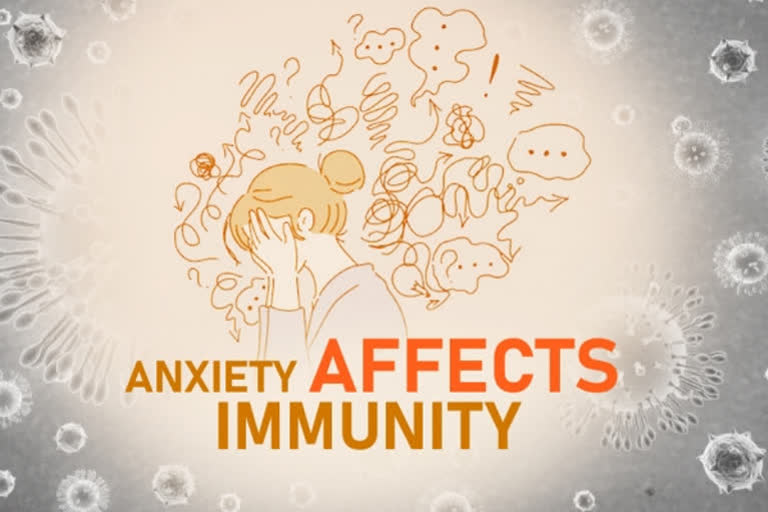Hyderabad: The novel coronavirus, is a universal pandemic. Health experts are working to alleviate the impact the disease that will have on our population, vulnerable communities, and the healthcare areas as a whole.
Procedures for keeping the community safe and healthy the government is expecting everyone to do their part— with social distancing, quarantine or isolation measures in an effort to slow disease’s spread 1 .
The COVID-19 pandemic is placing significant stress, on the emergency response and health worker working courageously on the frontline helping the community to deal with infections. People are also experiencing a wide range of thoughts, feelings and reactions.
Government mandate of spending weeks at home with limited resources, stimulation and social contact can take a ring on mental health. Health experts say that any type of social isolation, whether it is self- imposed or medically mandated is a stressful situation and creates a traumatic experience in both adult and children.
During the COVID-19 pandemic, governments across the nation have issued some form of social distancing mandate to help prevent the spread of the coronavirus.
All school’s systems, entertainment sectors, community organizations have temporarily locked down.
In one of interview USA Frontier Health’s Senior Vice President of Children’s Services Tim Perry said: “Being quarantined has an effect on your mental health through your loss of autonomy, competency and disconnectedness, it leaves people feeling out of control of the situation, isolated and cut off from the rest of the world and it leads to problems like poor sleep, poor concentration, trauma experiences, depression, people often feel trapped, cut off from friends and peers and feeling like they’re being punished, even though it may be for their own well-being.”
Due to social distancing, quarantine or isolation, loneliness among people have increased. It is also observed that COVID-19 disproportionately affect the elderly population.
In India, the elderly patient population is increasing and their psychological problems are on a rise. Lonely people suffer from more depressive symptoms, as they have than been reported to be less happy, less satisfied and more pessimistic.
Loneliness and depression share common symptoms like helplessness and pain. In a study done by Singh A et al., of 55 elder persons in the age group of 60-80 in Delhi (India) based regions (living in various housing societies), found out an increase in the level of depression with an increase in the level of loneliness.
Loneliness is recognised as a contributing, maintaining and poor prognostic factor in the development of alcohol abuse. The reasons attributed to this are due to lack of social support, and distinct perceptions of community pressure.
Loneliness is not only a source of acute stress but also chronic stress. Recently, there has been extensive research on psychosocial effects of stress on neuroendocrine and immune systems. Lonely traits and concomitant physiological processes.
Read:Coronavirus and the plight of the poor in India
Loneliness has been associated with impaired cellular immunity, as reflected by lower natural killer (NK) cell activity and higher antibody titters.
In addition, loneliness among middle-aged adults has been found associated with a smaller increase in NK cell numbers, in response to acute stress associated with various tasks 7.
Research on suicide has revealed that there is a strong association between suicide ideation, Para suicide and loneliness. The prevalence of suicide ideation and Para suicide rises with the degree of loneliness.
